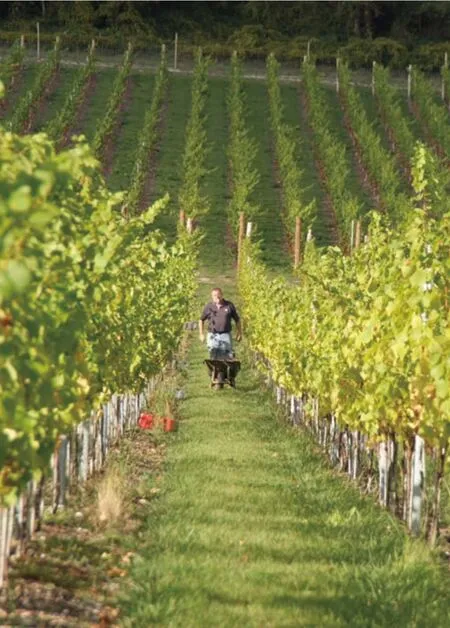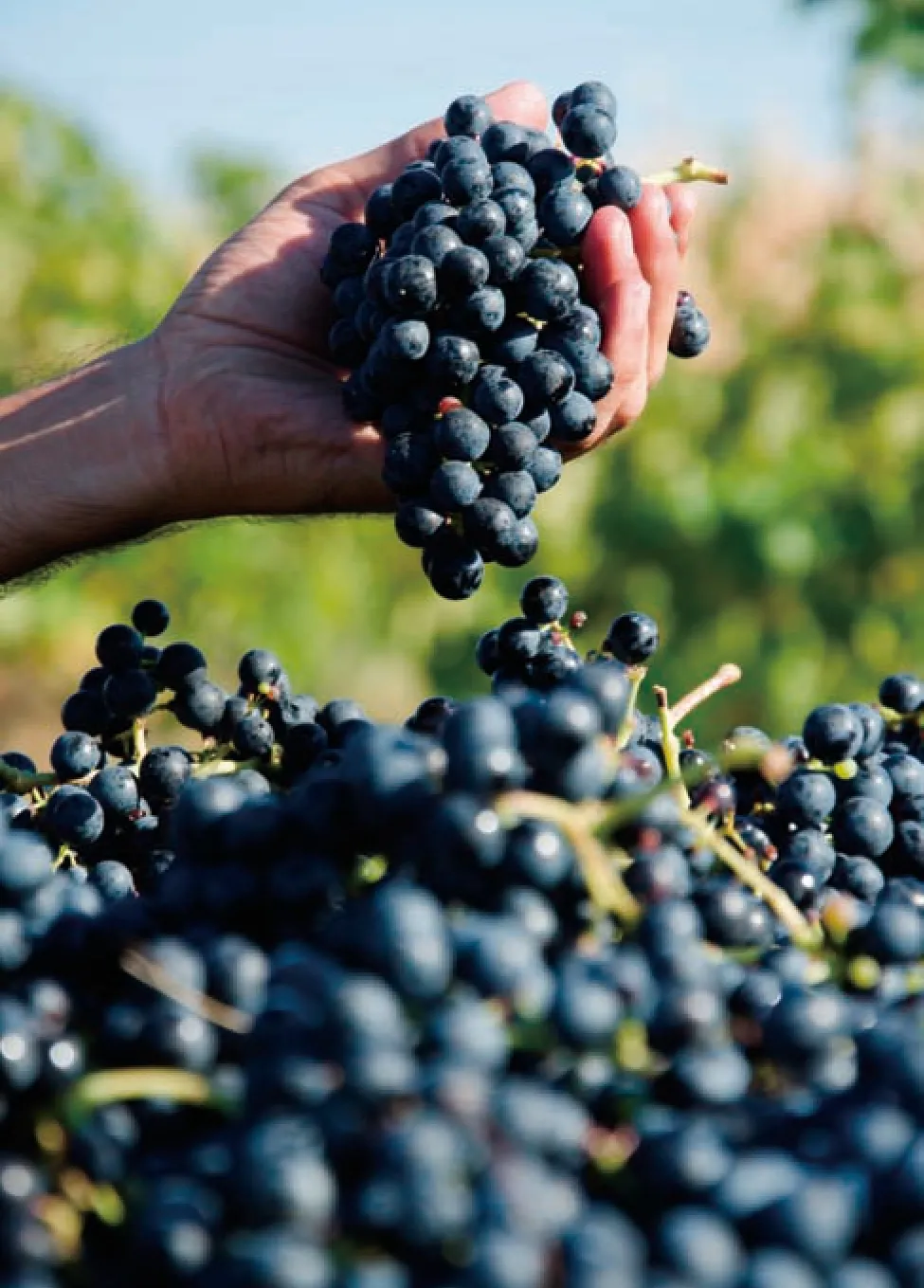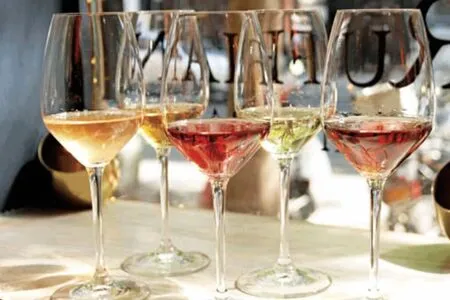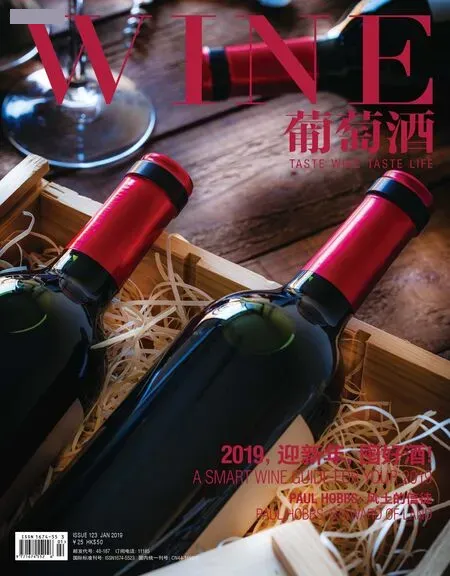自然酒的神话
文|Tersina Shieh 编|张恬熙
自然酒可谓是葡萄酒界最新的流行词,年轻潮人们常光顾的自然酒酒吧正在世界各地涌现。那自然酒究竟是什么呢?
首先,我们要复习下葡萄酒的酿造过程。在我们的周遭环境中有许多酵母菌株,当葡萄或是任何水果暴露在这样的环境中时,酵母会使其中的糖发酵成酒精。因此,发酵过程是自然发生的。然而不同的酵母菌株与糖发生的反应,可能会让葡萄酒完全不一样。有些味道可口,有些则口感奇怪甚至不适合饮用。无论品质如何,最终酿造出葡萄酒常常混有沉淀物并且酒液浑浊。有一些甚至会由于氧化或是细菌感染而变质。在葡萄酒愈加商业化的同时,果农们也在以可控的方式管理葡萄园,控制葡萄的质量和产量。在酒庄里,酿酒师使用培养的酵母(选择性地培育天然酵母菌株)来酿造葡萄酒,确保其口感令人愉悦。他们还会添加如蛋白和鱼鳔等天然澄清剂,与葡萄酒中的悬浮颗粒结合,形成更大的沉淀物,再通过过滤使葡萄酒明亮、清澈。为了确保葡萄酒有更长的保存期,酿酒师会添加亚硝酸盐来保护葡萄酒免受氧气和微生物的破坏。整个发酵过程是自然的,用来保障品质达标所用到的物质也都是天然的。
随着葡萄酒需求的增加,酒农在葡萄园里使用化学药品来增加葡萄产量及保护葡萄藤免受疾病侵害,这就像其他农产品的做法一样。合成的澄清剂代替了蛋白和鱼鳔。酿酒师可能还会使用酵母营养素以确保发酵过程顺利并彻底完成,并控制其他因素,如发酵温度和萃取的程度。酿酒师还会用不同材料做成的容器来发酵或者陈酿葡萄酒,像是不锈钢或者是橡木做成的容器就能让葡萄酒变得果香浓郁或者充满复杂度。发酵过程依然是自然的,但果农和酿酒师控制了酿造过程以保证品质。
如今,“自然酒”这个词没有官方定义,可以算是一个主张或信念:葡萄采用有机、生物动力法或可持续的方式来种植,酿造过程不使用培养酵母、澄清剂和过滤,葡萄酒酿造完成后可能会加入少量亚硝酸盐。葡萄酒的品质跨度也很大,它可以是宜人、清新或纯净的,也可以是带着一股膻味、酸涩和不愉悦气味的。但可以肯定的是,当自然酒不在新橡木桶中陈酿时,它会带点香草和肉桂的香气。由于自然酒没有或仅含有少量的防腐剂,所以无法长期存放。
在我看来,所有的葡萄酒无论是使用化肥还是生物动力法种植,添加野生还是培养酵母,使用合成澄清剂还是没有澄清,都是自然的。自然酒的兴起就像反体制运动,消费者厌倦了主流、工业化的产品,拥抱其他代用品。这就像是20世纪70年代嬉皮士的生活方式一样,在一定程度上,这也是今天政府体制多样化的原因。
无论传统还是自然酒,品质都有好有坏。享用自然酒是一种生活方式的选择,但消费者必须知道怎样分辨劣质的自然酒,而不是盲目地接受所谓的“自然”。那些把劣质葡萄酒标榜为“自然酒”的生产商,完全是在欺骗消费者。
我并不反对自然酒,但我在想:如果“自然酒”的品质更加稳定,能让更多消费者愿意去接受它,那它终将成为主流。可那时候,“自然酒”是否还能这样别具风格?到时候又会有什么样的葡萄酒来取代它今天的地位呢?


The latest buzzword in the wine circle is natural wine.Natural wine bars frequented by young hipsters are popping up around the world.Whats the fuzz?
First of all, look at this.There are many yeast strains in our environment.When grapes, or any fruits, are left unattended, yeasts ferment sugar in grapes and turn it into alcohol.The process of fermentation,therefore, is natural.However, depending on the yeast strains that react with sugar, the resulting wine can be very different, some palatable and some funky or even undesirable.Whatever the quality, the final product is often cloudy with sediments, and eventually turns into vinegar because of oxidisation or bacteria spoilage.
When man commercialised wine, they planted vineyards in manageable manner to control quality and quantity.In the wineries, they used cultured yeasts-selected strains of natural yeast-to make sure pleasant wine is produced.Natural fining agents such as egg white and gelatine derived from fish bladders were used to combine with the suspended particles in wine to form bigger precipitates that can be filtered from wine, thereby making the wine bright, clear and visually pleasing.To make sure the wine has a longer life, winemakers added sulphites to protect the wine from oxygen and microbial spoilage.The entire fermentation is still natural and the products used to ensure the quality standard are also natural.
As the demand of wine increases, producers use chemicals in vineyard to increase yield and protect the vines from disease, just like all other agricultural products.Synthetically produced fining agents replace real egg whites and fish bladders.Winemakers may use yeast nutrients(ammonia products) to ensure a smooth and thorough fermentation, and control factors such as fermentation temperature and extraction.They may also ferment or age wine in different materials containers such as stainless steel tanks or wood barrels to make fruitier or more complex wine.The fermentation process is still natural but man exerts more control in the process to maintain quality.
Today, the term natural wine has no official definition.It is an approach to vine growing and winemaking that vines are farmed organically, biodynamically or sustainably; and wine is made handsoff without the aid of cultured yeasts, fining agents and filtration.Sulphites may or may not be added to final wine.The quality of wine ranges from pleasant, fresh and pure, to gamey, sour and foul.A few things for sure are that natural wine has vanilla or cinnamon aromas as they are not aged in new barrels, and they cannot be stored for a long time because of no or minimal preservatives.
To me, all wines, whether using inorganic or biodynamic farming,wild or cultured yeasts, synthetic fining agents or without fining, with our without sulphites, are all naturally made.The rise of natural wine is like an anti-establishment movement.Consumers are fed up with mainstream,industrial products and embrace alternatives.It is like hippies lifestyle in the 70s and to a certain extent, the election of non-mainstream government all over the world.
There are both good and bad conventional andnaturalwine.Drinkingnatural wineis a lifestyle choice but consumers must know to identify badnatural winerather than blindly accept it asnatural.Producers who label their winenaturalto disguise fault are cheating consumers outright.
I am not against natural wine, but thinking loud, I wonder if natural wine will still be cool if its quality becomes more predictable, more consumers accept it and it eventually becomes mainstream.Maybe another type of wine will takeover?



